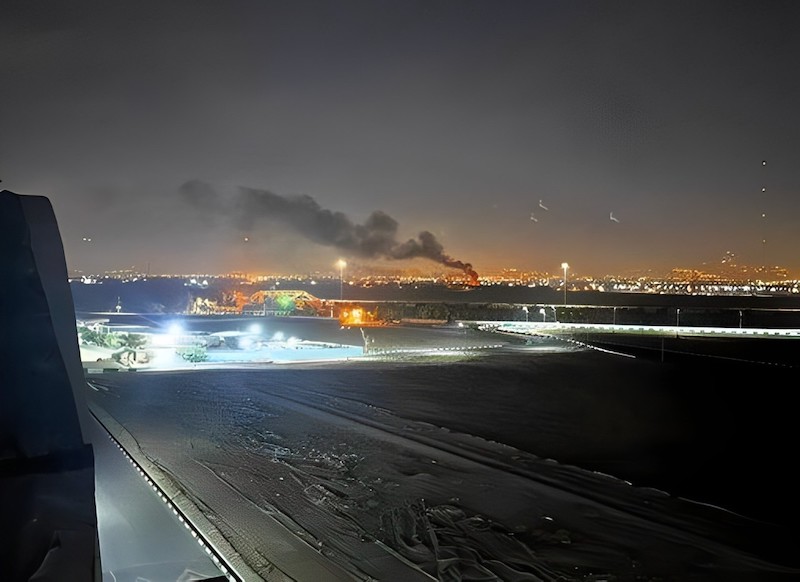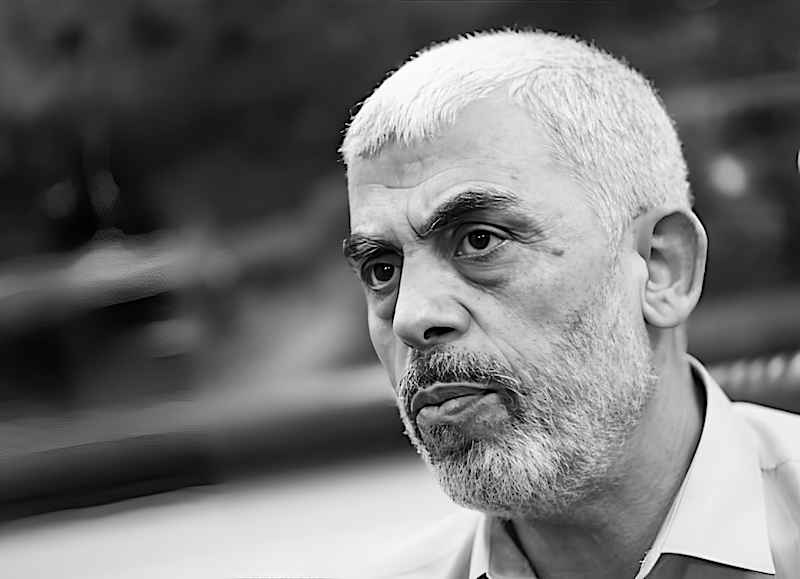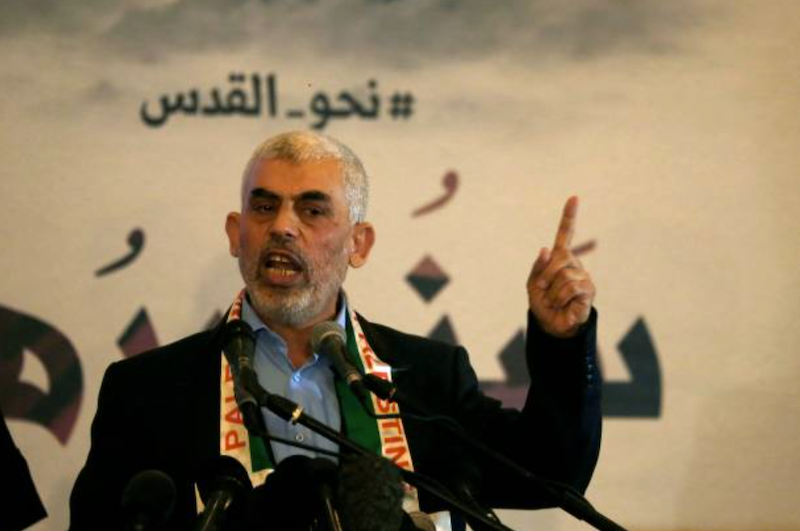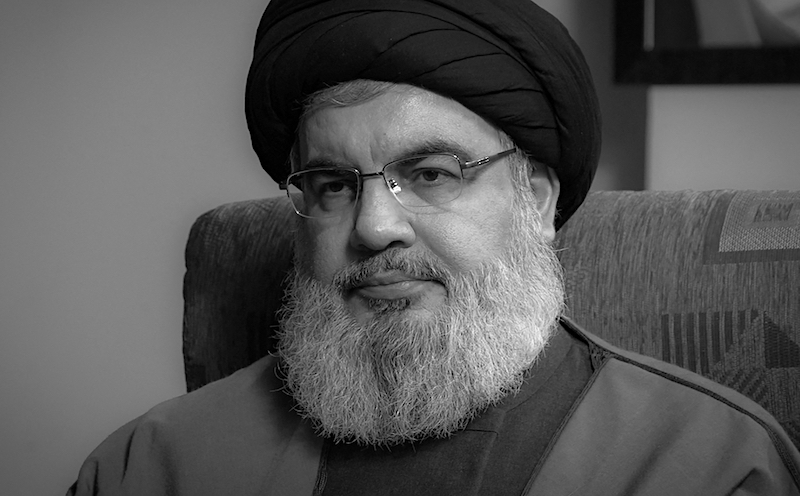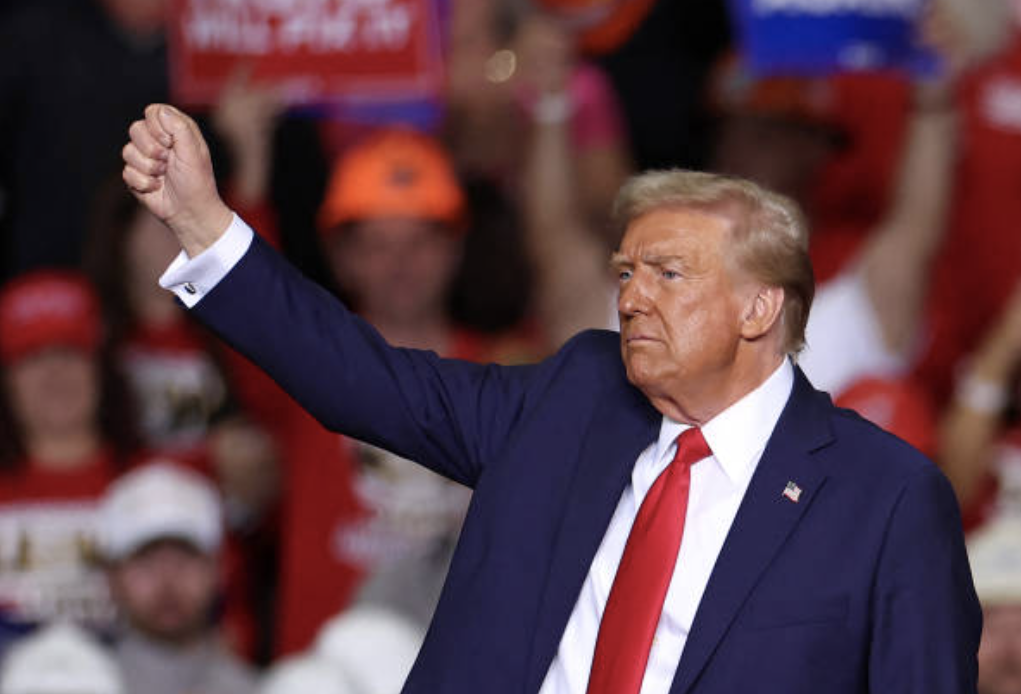 Donald Trump.
Donald Trump.
New Delhi: In a stunning comeback, Donald John Trump has reclaimed the presidency of the United States in the 2024 election. The controversial businessman-turned-Republican politician and former president secured a decisive victory over his Democratic opponent, Kamala Harris, garnering 306 electoral votes to Harris’s 232.
In the popular vote, Trump, 78, secured approximately 51%, (around 75 million votes) against Harris’s 49%, (around 72 million votes). This decisive win underscores a formidable support base that stood by him despite the controversies that marked his first term – a reflection of a deeply divided American electorate.
With this win, Trump will be the only second US president after Grover Cleveland to serve two non-consecutive terms in the White House. Cleveland was the 22nd and 24th US president, who served from 1885 to 1889 and then again from 1893 to 1897.
Now, Trump, who was the 45th president, will become the 47th president after he is inaugurated on January 20, 2025.
Swing States Swing Back to Trump
The key battleground states of Pennsylvania, Michigan, and Wisconsin, which had previously favoured the Democrats, proved instrumental in Trump’s triumph. Despite predictions of a tight race due to demographic shifts, Trump’s messaging on economic recovery and national security struck a chord with voters who felt neglected during Joe Biden’s presidency. His ability to mobilize rural and working-class supporters ultimately tipped the scales in these crucial regions.
Trump’s Second Term Promises a Shift in US Foreign Policy
The repercussions of Trump’s re-election will likely reverberate across the globe, particularly concerning Nato and ongoing conflicts in Europe and the Middle East. With Trump at the helm, the US may adopt a more isolationist stance towards the North Atlantic Treaty Organization, urging allies to increase their defence spending while potentially scaling back American military commitments in Europe. The Nato secretary general, Mark Rutte, while congratulating Trump, emphasized the necessity of US leadership in maintaining a robust transatlantic alliance, which suggested that Trump’s leadership could be integral in advancing the “peace through strength” doctrine.
European leaders, however, have expressed a mix of optimism and apprehension. While the European Commission president, Ursula von der Leyen, extended her congratulations, calling for a strong transatlantic partnership, figures such as the French president, Emmanuel Macron, and the German chancellor, Olaf Scholz, have underscored the need for Europe to stand united and safeguard its interests.
This caution stems from Trump’s prior scepticism towards Nato and his “America First” agenda, which raised questions about the US’s commitment to collective security.
US Policy on Russia-Ukraine Conflict Uncertain
In relation to the ongoing Russia-Ukraine war, Trump’s return could herald a significant pivot in US policy. Known for his preference towards negotiating peace over military support, Trump has suggested that he could broker an end to the conflict swiftly.
Apart from that, his criticism of the Ukrainian president, Volodymyr Zelenskyy, for showing unwillingness to negotiate with Russia early on indicates that Trump might press Ukraine for concessions that could reshape Kyiv’s defence strategy.
Ukrainian officials are wary of potential shifts in US policy under Trump, and fear a reduction in military support and pressure to pursue peace talks. Such an approach, critics argue, could compromise Ukraine’s territorial integrity and embolden Russia.
While Trump maintains that he can bring about a resolution to the conflict, there is concern that his strategy might allow Russia to consolidate its gains. His detractors say such a scenario could potentially threaten wider European security.
Middle East Relations Poised for Transformation
Trump’s close ties with Israel are expected to intensify, possibly shaping US involvement in the Israel-Gaza conflict and the broader Middle East tensions. However, while he has shown steadfast support for Israel in the past, reports suggest that Trump may push the Israeli prime minister, Benjamin Netanyahu, to seek a truce in the ongoing Gaza campaign before his inauguration on January 20.
This could lead to a diplomatic push for Israel to engage in peace negotiations with Hamas, Hezbollah, and other Iran-backed groups. Some experts argue that Trump’s pragmatic stance could pressure Israel to pursue concessions that might bring stability to the region, even if it means compromising on certain objectives such as retrieving hostages held by Hamas.
Trump 2.0 and India-US Ties
For India, Trump’s victory brings a mix of opportunities and challenges. His re-election is likely to reinforce the Indo-Pacific strategy – a cornerstone of US foreign policy aimed at countering China’s rapidly growing geopolitical influence, especially in the Indo-Pacific. India can anticipate enhanced defence cooperation, as Trump has previously emphasized military partnerships, arms deals, and joint exercises to bolster India’s regional security capabilities.
The Quadrilateral Dialogue (or Quad) alliance, comprising the US, India, Japan, and Australia, may see renewed vigour under Trump’s administration, with a focus on maritime security in the Indian Ocean Region and the South China Sea. Trump’s approach could push India to take a more assertive role within the alliance, deepening military collaboration and intelligence-sharing to counter China’s ambitions.
In India’s immediate neighbourhood, Trump’s foreign policy could influence Bangladesh’s political landscape. The chief advisor of Bangladesh, Muhammad Yunus, who has historically leaned towards Democratic leaders in the US, may find relations with Washington shifting under Trump’s leadership.
South Asia observers believe that there is a good chance that the new Trump administration might encourage Dhaka to reconcile with the ousted Bangladeshi prime minister, Sheikh Hasina, which will create conditions for her return to politics and the inclusion of her Awami League in the new general election.
For India, a stable and cooperative Bangladeshi government is essential for maintaining regional stability and fostering bilateral trade and security cooperation.
Implications on India-US Trade Relations
While Trump’s presidency previously saw a surge in India-US trade, experts say his “America First” policy could introduce new challenges. The imposition of tariffs and the revocation of India’s preferential trade status under the Generalized System of Preferences (GSP) during his earlier term created friction.
As protectionism remains a central theme of Trump’s economic vision, Indian exporters may face similar hurdles that could impact sectors such as IT and pharmaceuticals.
Nonetheless, despite these potential roadblocks, India and the US have witnessed a 92% increase in bilateral trade over the past decade. Should Trump pursue a pragmatic approach, there remains potential for mutually beneficial agreements that could sustain growth.
On social media, some business journalists and trade advisers said skilful negotiations will be key to mitigating the impacts of protectionist measures that the new Trump administration is expected to place on foreign goods and services. This, they said, would allow both nations to leverage each other’s strengths in a globally competitive market.
As Trump’s second term begins to take shape, India, along with other key international players, will be closely observing the evolving dynamics of US foreign policy. With the world’s superpower under Trump’s leadership once again, the coming years promise to redefine alliances, diplomatic strategies, and global stability in ways that could have far-reaching implications.





